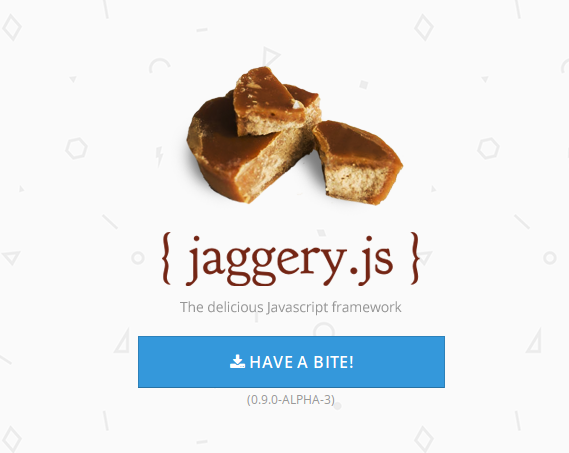Lets See what is jaggery .. Jaggery is a framework developed by WSO2, to write web apps and HTTP-focused web services for all aspects of the application: front-end, communication, Server-side logic and persistence in pure Javascript. One of the intents of this framework is to reduce the gap between writing web apps and web services. Importantly, Jaggery is open-source and released under Apache 2.0. As a pure Javascript server-side scripting engine, Jaggery combines all the strengths of Javascript with flexibility and freedom at both the development and deployment stages. Most JavaScript webapp development mechanisms restrict developers to a framework-specific structure or patterns, which demand an additional learning curve. By contrast, with Jaggery, any developers who are versed in Javascript have everything they need to get going. you can download and try the language from the visiting Jaggery website. so lets download and try it... visit the jagger...




